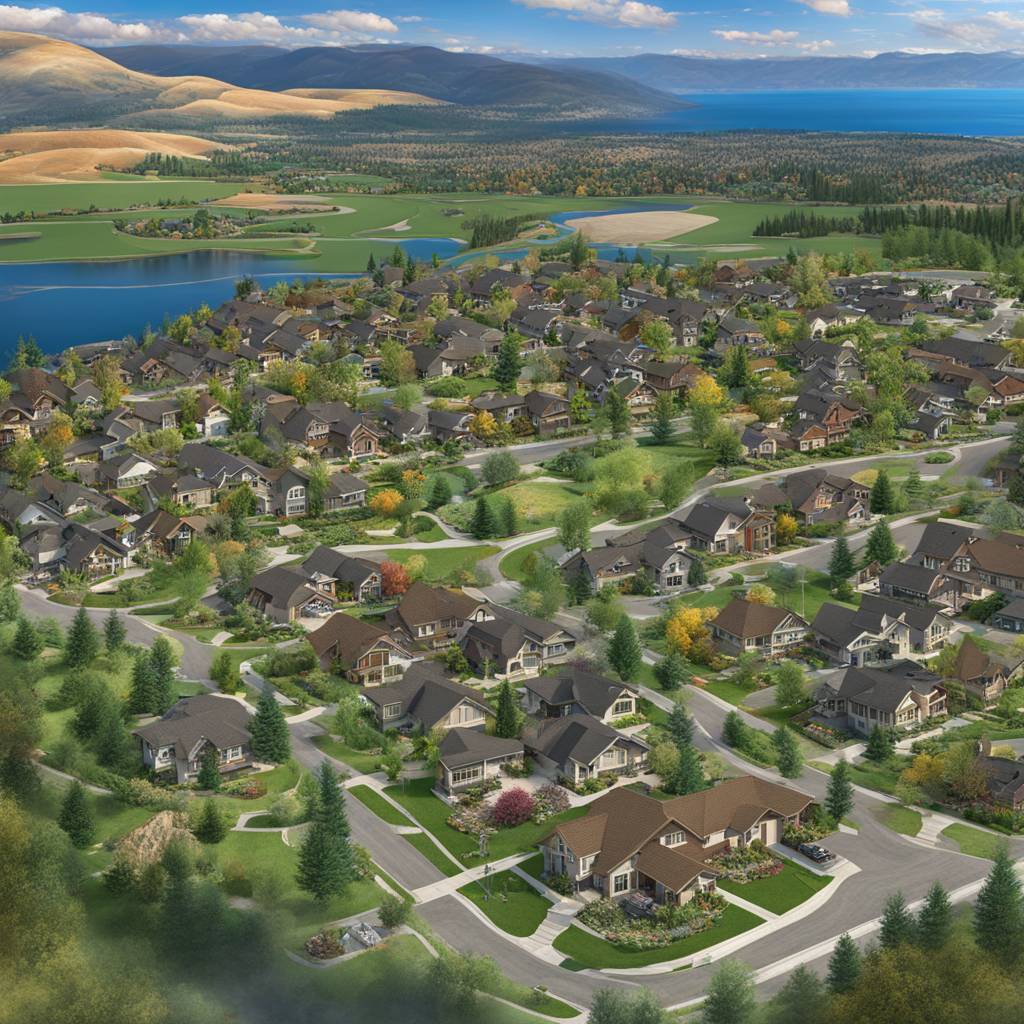The Regional District of the Central Okanagan staff are concerned about recent provincial housing mandates that will increase density in rural areas before they are ready for it. The changes under Bill 44 now require residential lots in the electoral areas to permit secondary suites and accessory dwelling units. This could potentially double the residential density in the area, leading to a 166% increase in the number of residential units. District staff are unsure if secondary suites are ideal and are concerned about drainage and slope stability challenges that may arise due to the increased density.
A technical stakeholder review team evaluated the sustainability of allowing suites on all lots in the RDCO and found that increasing density could pose challenges to drainage and slope stability. These challenges would be particularly severe in areas without access to community sewer and proper drainage plans. Without robust policies and regulations, additional density may increase risks to public health, safety, and the environment. Staff are preparing to send a report to elected officials highlighting the potential issues with the proposed bylaw amendments and the limited resources available to meet the legislative compliance deadline.
Local governments are required to adopt bylaw amendments by June 30 to allow housing at the prescribed density. If they fail to do so, they may apply for time-based extensions as outlined by the Ministry of Housing. The staff at RDCO are preparing an application requesting an 18-month extension to conduct the technical analysis and policy implementation needed to ensure communities can be densified appropriately without worsening hazardous conditions. This is further complicated by ongoing commitments to support residents affected by wildfires such as those at White Rock Lake and McDougall Creek.
The potential increase in residential density in the electoral areas of the Central Okanagan is a result of recent provincial housing mandates that require secondary suites and accessory dwelling units. The district staff are concerned about the impact of this increased density on drainage and slope stability, particularly in areas without access to community sewer and proper drainage plans. Without robust policies and regulations, the additional density could pose risks to public health, safety, and the environment. Staff are preparing to request an 18-month extension from the Ministry of Housing to conduct the necessary technical analysis and policy implementation to ensure that densification is done appropriately.
The technical stakeholder review team found that increasing density in the RDCO could lead to drainage and slope stability challenges that could exacerbate hazardous conditions in rural areas. The staff are concerned about their ability to meet the June 30 deadline for adopting the necessary bylaw amendments due to limited resources and ongoing commitments related to wildfires. Local governments are required to allow housing at the prescribed density by this deadline, but they may apply for extensions if they are unable to comply. The staff at RDCO are working to ensure that the communities can be densified appropriately without compromising public health and safety.













